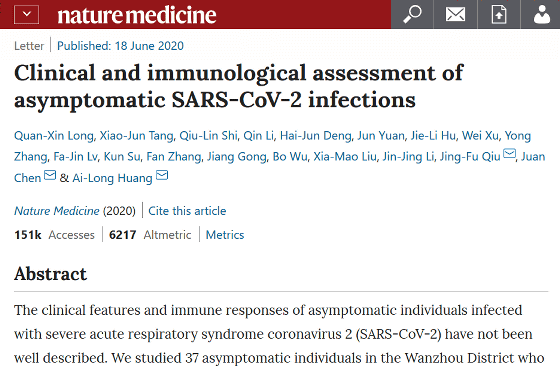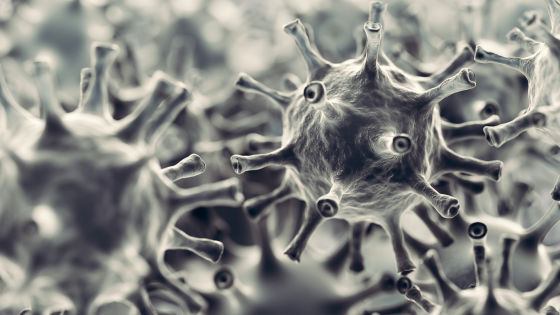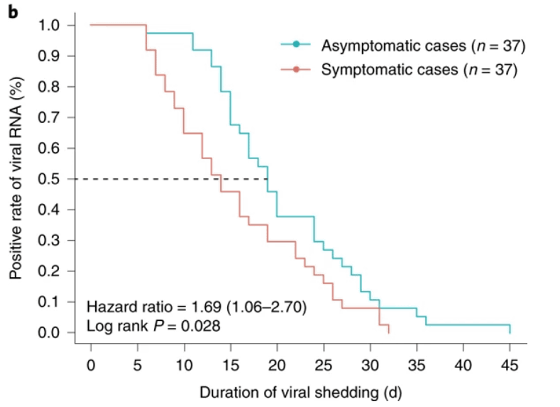The immunity of the new coronavirus is more likely to decrease in asymptomatic people, and it may decrease sharply within 2 to 3 months after infection.

Immunity to the novel coronavirus (SARS-CoV-2) may be reduced within a few months after infection, a research team at Chongqing Medical University in China reported. Studies also show that asymptomatic patients had a greater reduction in immunity than those with more pronounced symptoms.
Clinical and immunological assessment of asymptomatic SARS-CoV-2 infections | Nature Medicine

Immunity to COVID-19 may wane just 2-3 months after infection, study suggests | Ars Technica
https://arstechnica.com/science/2020/06/immunity-to-covid-19-may-wane-just-2-3-months-after-infection-study-suggests/
Mild virus cases may bestow far lower immunity: study
https://medicalxpress.com/news/2020-06-mild-virus-cases-bestow-immunity.html
The study investigated the immune response after recovery of the infection in 37 asymptomatic and asymptomatic coronavirus infectious diseases (COVID-19).
The research team analyzed blood samples from both groups 3 to 4 weeks after recovery from the infection, and the symptomatic person had an antibody prevalence of about 78.4% against SARS-CoV-2, whereas the asymptomatic person was Antibody retention rate was about 62.2%. After an additional 8 weeks from the blood sample analysis, it was reported that about 81.1% of asymptomatic people and about 62.2% of symptomatic people had decreased antibody prevalence. These results suggest that asymptomatic individuals are more likely to have reduced immunity to SARS-CoV-2 than symptomatic individuals.

Regarding immunosuppression after infection with the new coronavirus, the news site
There are still many unclear points about the potential immunity to SARS-CoV-2, and the research team at Chongqing Medical University said, 'The strength and persistence of immunity obtained after SARS-CoV-2 infection. Unraveling the time is an important issue to inform people about when and how to mitigate the maintenance of social distances. Research is required.”
The same study also reported that asymptomatic people shed the virus longer than asymptomatic people. Asymptomatic individuals with COVID-19 had a median time to shed viral genetic material from the throat of about 14 days, with a maximum of about 32 days, whereas asymptomatic individuals had a long shed period. A value of about 19 days and a maximum of about 45 days of emission was confirmed. In the graph below, the vertical axis shows the ratio of viral genetic material contained in the nasopharyngeal swab, and the horizontal axis shows the period of virus excretion in days. The blue line is asymptomatic, and the red line is symptomatic.

The World Health Organization (WHO) has reported that secondary cases of SARS-CoV-2 in asymptomatic people are rare, but many researchers have disagreed with the report. It has also been suggested that 40-60% of the spread could be from asymptomatic individuals.
The new coronavirus is ``almost never'' transmitted from asymptomatic people, the WHO manager explains-GIGAZINE

Related Posts:
in Science, Posted by darkhorse_log







